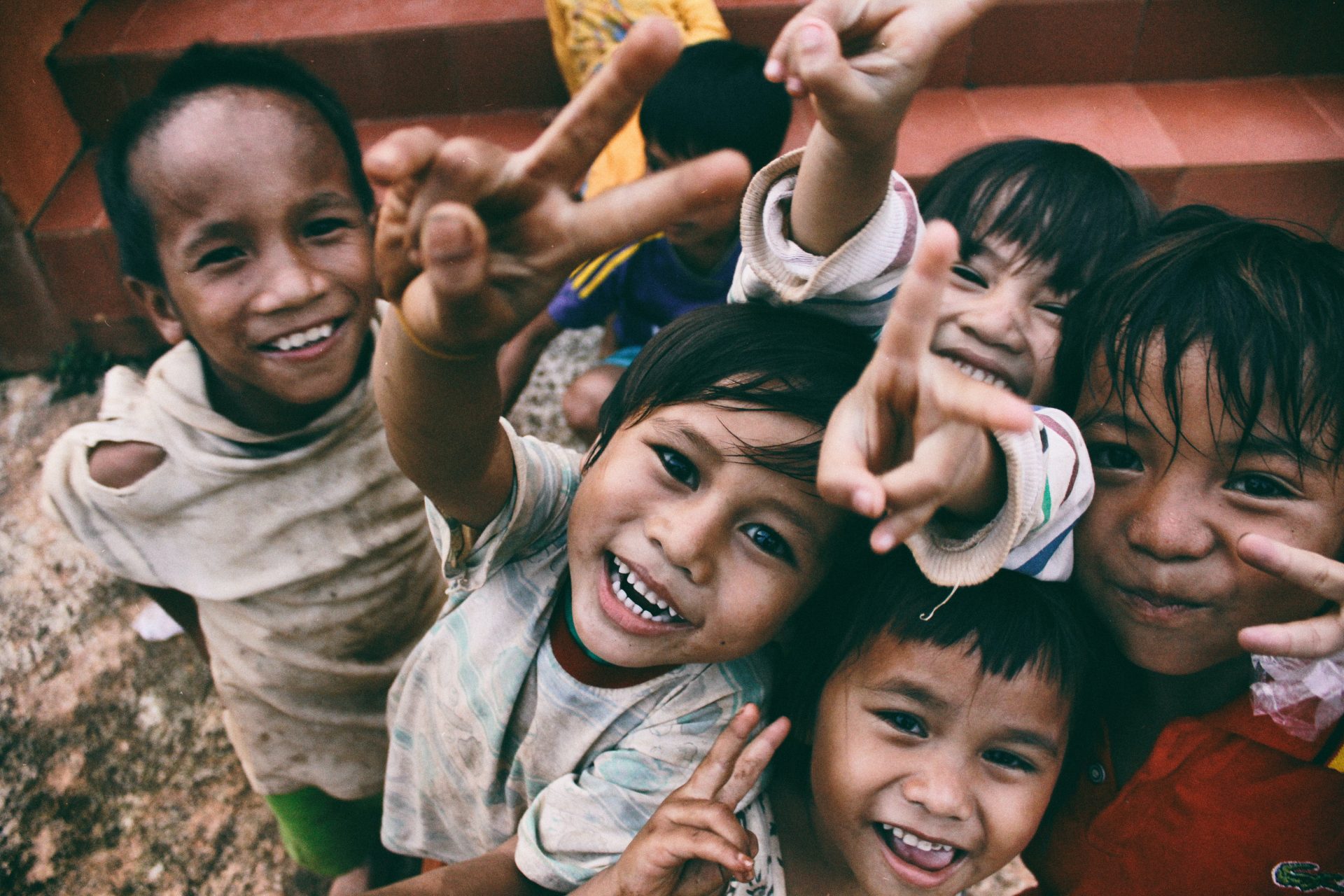This comprehensive report reviews the existing evidence on:
- how gender influences the adoption of malaria preventive interventions, healthcare-seeking behaviour, and access to treatment;
- the current gaps and opportunities regarding the integration of gender into malaria research and development; and
- current gaps and opportunities in malaria advocacy and policy action at the global, regional, and national levels.
Overall, it calls for gender-intentional and transformative approaches to accelerate the success of malaria prevention, treatment, and elimination efforts. For example, malaria clinical trial designs could be made more effective and equitable by understanding and addressing the gender-specific barriers that limit the recruitment and retention of women.
Evidence-based interventions include a) training, providing supplies to, and leveraging the reach of antenatal care providers and community health workers, b) and implementing women’s empowerment programs to reduce known barriers to accessing health care services.
Gender-inclusive communications strategies that accompany universal coverage policies, such as targeted messages to men and boys who have greater occupational risk of exposure and transmission, can improve malaria prevention and treatment.
Community-based case management that reduces costs and education programs that include key decision-makers – such as male family members – can ease the burden on women who must seek permission and resources for treatment, improve intra-household negotiation, and alleviate drug safety concerns (particularly for pregnant women).
The impact of women’s economic empowerment, community-based case management, and the gender composition of health worker teams on malaria intervention outcomes should be measured to strengthen the evidence base. Further, direct observation and sex-disaggregation of data can improve future surveillance programs.
Sex and gender analysis should be purposefully and comprehensively integrated into the international malaria research agenda. Additionally, malaria clinical trial designs should be made more effective and equitable by understanding and addressing the gender-specific barriers that limit the recruitment and retention of women.
Additional research is needed to identify the gender-related barriers to career development that contribute to the underrepresentation of women scientists, and databases on gender representation in research teams should be used to measure and track progress. Opportunities should be expanded for women’s equitable participation and career advancement. Furthermore, there are significant R&D gaps with regard to safe and effective malaria chemo-prevention and treatment for HIV-infected women, particularly pregnant women, and the barriers, such as stigma, that may limit their access to services.
Global technical guidance on gender integration into national malaria planning, policy, and programming can be strengthened in part by developing policy guidance based on gender analysis and accompanying toolkits to guide uptake of recommendations within a country’s specific social and political context. Additionally, the agendas and outputs of key global policy bodies, such as WHO, should commit to and facilitate strengthening the gender and malaria evidence base and adoption of best practices.
Targeted advocacy and communication efforts – including through existing advocacy networks, global events, high-level stakeholder meetings, and scientific conferences – can raise the profile of gender dimensions of malaria, make the investment case for gender integration into elimination approaches, and strengthen political will to mainstream gender considerations in malaria policies and programs.
Biomedical research that integrates a gender lens can provide critical information on how risk is differentially distributed, how gender-specific pathways shape transmission, how access to care and treatment is limited by gender-based constraints, how the disease presents and impacts biologically, and how treatment and its effects on the body are differentially experienced.





